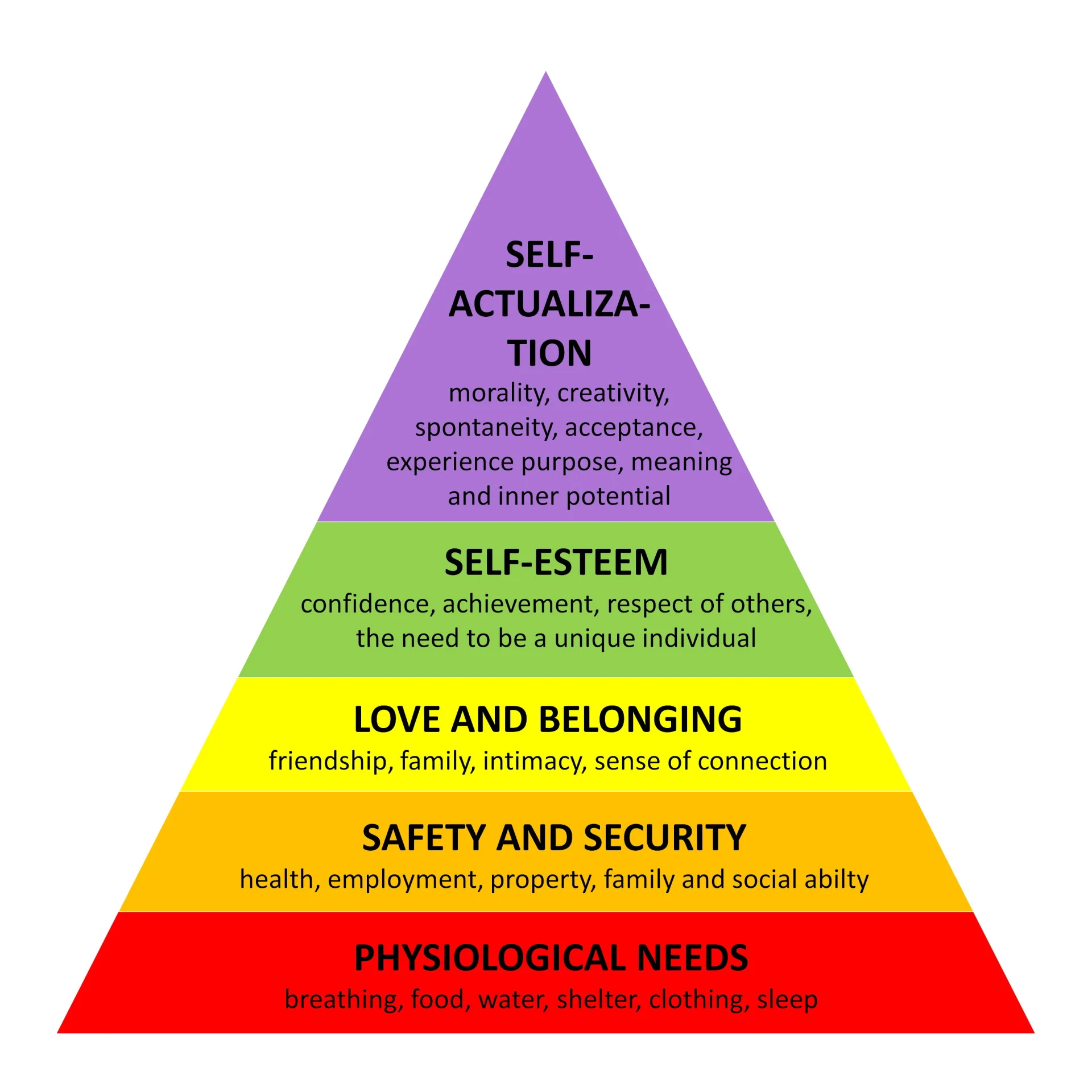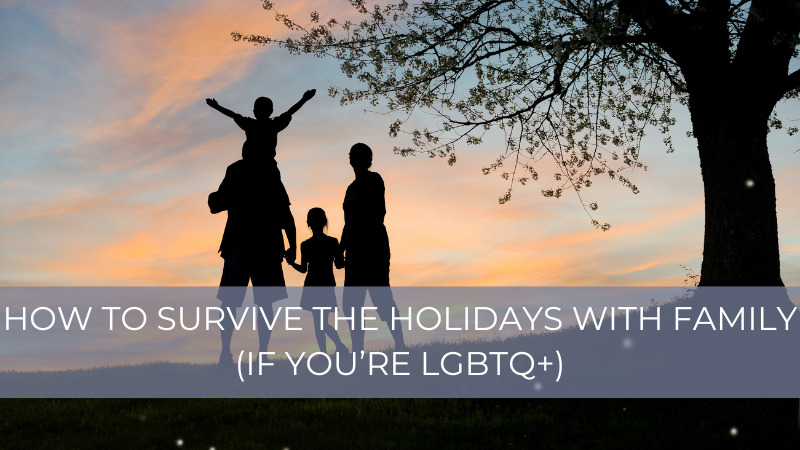It’s sometimes shockingly hard to respond to messages for me. I’ve learned to notice this as a sign of burnout. Let’s explore why messages can be so hard to reply to!
Hi, I’m Rey Katz. I publish Amplify Respect to spread empathy and awareness that we are all just human beings worthy of respect, whether you’re LGBTQ+, neurodivergent, and/or an ally. I am not afraid to call it like I see it. If this sounds intriguing to you, please hit subscribe so you don’t miss anything!
Sitting here, I can think of many messages I haven’t responded to.
Oh no, I didn’t send that email to my client yet. I created the images and attached them to the email draft, but I didn’t type up the few sentences explaining what I had done.
A friend texts me that she’s trying to reach out to people more. I respond, that’s great. I don’t have anything else to say. “I’m hanging in there.” Does that phrase mean anything?
I have been ignoring the comments from people I don’t know on my YouTube videos. That’s fine, right? But I have also been failing to reply to some really kind, considerate, generous, supportive comments from my friends on my writing.
It almost feels harder to respond to generous, positive comments. How can I shift my brain into a gear high enough to give people the thoughtful and considerate response they deserve? This takes effort for me.

I think that some people find social interactions to be intuitive. They speak or type without having to carefully consider several options. They don’t find themselves straining, staring out into space, wanting to disconnect and distract, and finding it unpleasant to carry out the motions of friendship.
Don’t get me wrong, I love and appreciate my friends. (Yes, you!)
Chatting in person is a lot easier for me in some ways. There’s a weird disconnect and a whole other set of expectations for asyncronous communication. But most of my friends are online.
It’s stressful to engage when it’s easier to check out. If I start really thinking about my friends and my community, I remember that many of us are struggling to access healthcare and worried about political changes and transphobia in the various regions where we live (and no, not just in the US).
So yes, maybe this all is stressing me out more than I care to admit.
It feels like burnout. And when I’m burnt out, I have trouble communicating in the ways I am expected to.
Let’s look at Maslow’s hierarchy of needs as one way of understanding this regression.

Check out the second, orange layer of this cake. Safety and security: health, employment, property, family, and social ability. That is exactly what anti-trans legislation attempts to take away from us.
And we, as a community, have been coming together to provide friendship, love, belonging, respect for others, and support for each unique individual.
But those are higher up on the cake, right?
It’s hard (at least for me) to engage with friendship when my health is threatened. That doesn’t mean it’s not crucial. But that’s exactly what this hierarchy means. If you can’t breathe, it’s hard to think about employment. If you don’t feel safe and secure, it’s hard to think about intimate connections. If you don’t feel like you belong, it’s hard to have self-esteem.
One way I think about burnout is that it’s a regression of ability.
I previously was able to work 80 hours a week and then I was only able to work 40 hours a week. I previously was able to work 40 hours a week and now I can only work 20 hours a week or less.
I was previously able to send long emails to all my friends and text back right away and engage in comment sections and forums online. Now I have to push myself to an extreme degree to do that.
Is this one long apology for why I haven’t responded to your email or comment or text? Yeah, maybe.
I’m sorry.
But I also want to express that I still care. Online spaces are weirdly unnatural in some ways. It’s hard to just sit next to someone in silence or come over and help them prepare a meal, online.
I think sending memes and photos is sort of like sitting next to someone in companiable silence. “Let’s look at and enjoy the same thing,” without saying anything in words. Maybe that’s why photos can be a more comfortable medium to connect.
So please enjoy some nice photos, and don’t feel you need to say anything in response. I know you’re here and that we’re supporting each other!



We have Thanksgiving coming up this week in the US. If you’re feeling stressed about being LGBTQ+ this holiday season (relatable!) please check out my guide for How to survive the holidays with family (if you're LGBTQ+):

Thanks so much for reading! Let me know what you think in the comments.
Take care,
Rey
Amplify Respect is a reader-supported publication. To receive new posts and support my work, consider becoming a free or paid subscriber.

